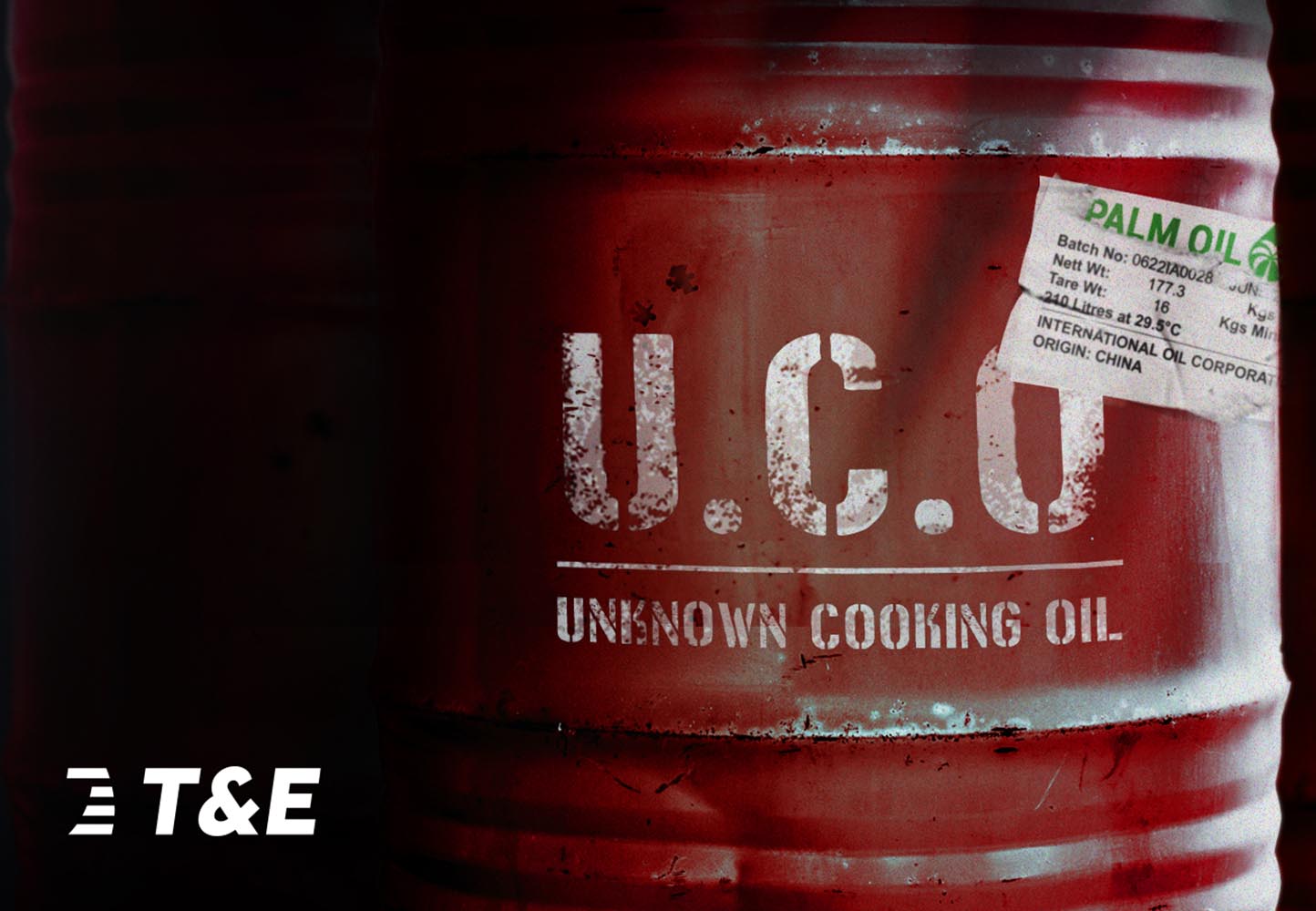
T&E Study: Rising global used cooking oil demand unsustainable
A new study by Transport & Environment (T&E) highlights the growing unsustainability of global demand for used cooking oil (UCO), with Europe and the United States consuming far more than they can collect. This discrepancy is raising concerns about the environmental impact and potential fraud in the UCO supply chain.
The study underscores the urgent need for more sustainable practices and stricter regulations to manage the global demand for UCO. Without these measures, the environmental benefits of using UCO as a biofuel could be undermined by unsustainable and fraudulent practices, according to T&E.
Transport & Environment is an environmental organisation focused on promoting sustainable transport policies and practices based in Brussels, Belgium.
Key Findings
- Soaring Demand: Europe currently uses 130,000 barrels of UCO daily, eight times more than it collects, while the U.S. consumes 40,000 barrels a day. Global airlines are expected to triple their demand for UCO by 2030 to meet sustainable aviation targets.
- Supply Constraints: China, the world’s largest UCO producer, already exports more than half its collected UCO to Europe and the U.S. However, this supply is insufficient to meet future demands, especially with airlines’ increasing consumption.
- Potential Fraud: The study reveals discrepancies between UCO collection and export data from China and Malaysia, suggesting fraud and mislabeling of virgin vegetable oil as waste oil. In Malaysia, exports are three times higher than collections, indicating significant adulteration and illegal practices.
- Economic Factors: Collecting UCO in China is nearly 30% cheaper than in Europe, leading to an oversupply of Chinese biodiesel and driving down European biofuel market prices in 2023.
Calls for Action
T&E calls for stricter regulations and oversight to curb unsustainable and fraudulent imports of UCO. This includes moving away from voluntary industry-led schemes to stricter EU and national government controls. Additionally, T&E urges the EU to exclude imported UCO from sustainability targets to prevent virgin oils from being misrepresented as used oils.
Cian Delaney, biofuels campaigner at T&E, stressed the limited role UCO can play in decarbonising the transport sector: “Europe needs to stop shipping waste oil across the world and limit itself to what it can collect at home. UCO is not a silver bullet for sustainable aviation and can only provide limited decarbonisation benefits.”
The European Commission is set to announce on June 28 whether it will apply anti-dumping measures on Chinese biodiesel, which could significantly impact the market dynamics and sustainability of UCO imports.














